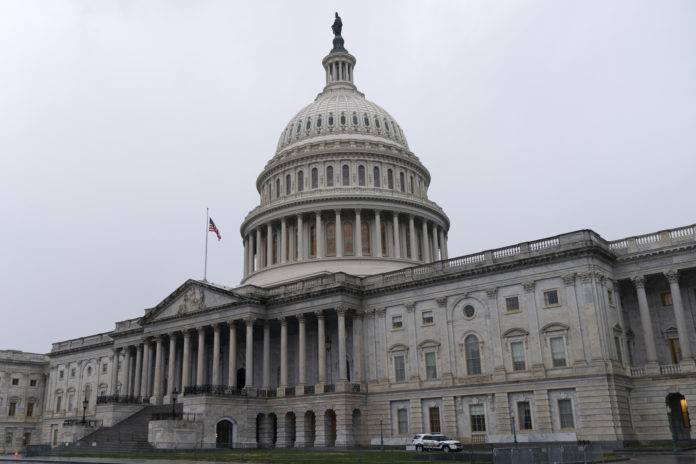Yesterday, the U.S. House of Representatives approved a short-term increase to the nation’s debt limit. This $480 billion increase ensures the federal government will continue to pay its bills into December. Without this approval, the government would have defaulted on the debt, a move that could decimate the economy. The measure passed by a party-line vote of 219-206.
The U.S. has never defaulted on its obligations to pay its debt. Nearly $8 trillion was accrued under Donald Trump.
In a press release, Congressman Greg Stanton argued that the Senate’s inability to find a more permanent solution to modifying the nation’s debt limit creates further unnecessary uncertainty for the nation’s economy and illustrates how the Senate’s inability to get things done is hurting the country.
Stanton stated, “Temporarily avoiding economic catastrophe is low bar and should not be celebrated as a real accomplishment. This rolling, manufactured crisis continues to hurt American consumers, risking America’s full faith and credit and putting our national economy at serious risk.”
“The Senate minority’s willingness to meet the most basic obligations to the American economy depends on which political party is in the White House,” Stanton continued. “And yet, the majority enables this behavior by preserving the filibuster, which only allows for further dysfunction. The American people deserve far better than what they’re getting from the United States Senate.”
Rep. Ann Kirkpatrick commented on Twitter, “Today, I voted with my democratic colleagues to avert a default on our debt. As lawmakers, it’s our responsibility to safeguard America’s full faith & credit and protect families from financial ruin – I call on the GOP to join us in this solemn duty.”
Today, I voted with my democratic colleagues to avert a default on our debt. As lawmakers, it's our responsibility to safeguard America’s full faith & credit and protect families from financial ruin – I call on the GOP to join us in this solemn duty.https://t.co/1mAlobLebM
— Rep. Ann Kirkpatrick (@RepKirkpatrick) October 12, 2021
White House Council of Economic Advisors stated in a blog, “A default would fundamentally hinder the Federal government from serving the American people. Payments from the Federal government that families rely on to make ends meet would be endangered. The basic functions of the Federal government—including maintaining national defense, national parks, and countless others—would be at risk. The public health system, which has enabled this country to react to a global pandemic, would be unable to adequately function.”














